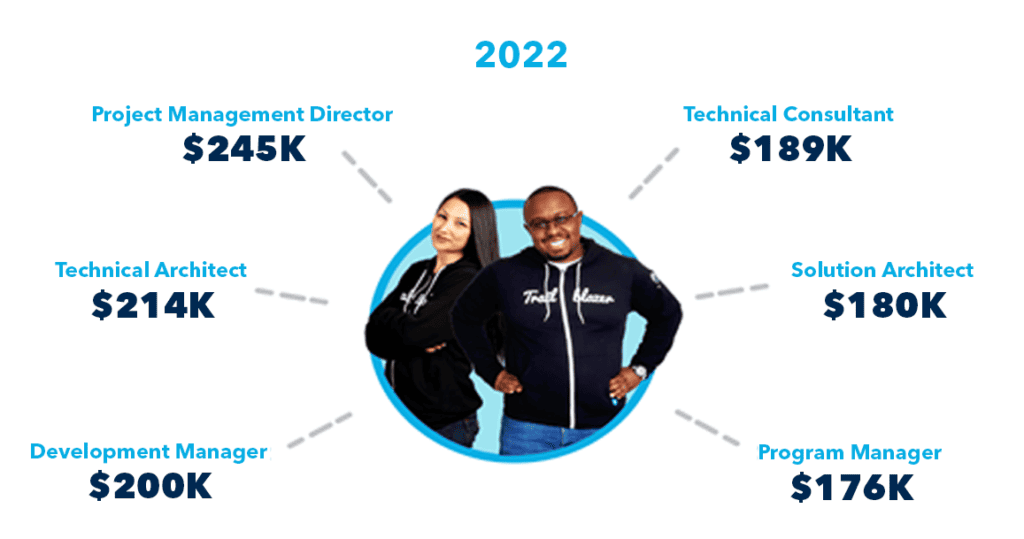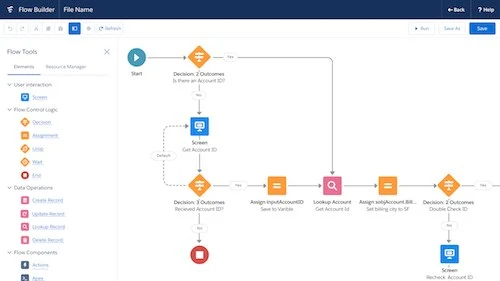In the fast-paced world of customer service, ensuring customer satisfaction and loyalty is paramount. Salesforce, a leading customer relationship management (CRM) platform, offers a powerful solution through its Service Cloud. One of the key features that make Service Cloud stand out is its Entitlements and Milestones functionality. In this comprehensive guide, we will delve deep into Salesforce Entitlements and Milestones, exploring their significance, implementation, and best practices.
Introduction to Salesforce Entitlements and Milestones
What Are Salesforce Entitlements?
Salesforce Entitlements are the core components that define what level of support or service a customer is entitled to receive. These entitlements encompass various aspects, including response times, service channels, and service types.
The Significance of Milestones
Milestones in Salesforce Service Cloud represent important service achievements or deadlines. They are crucial for tracking and managing the progress of customer support cases. Meeting milestones ensures that customers receive timely and efficient service.
Setting Up Salesforce Entitlements
Defining Entitlement Processes
To provide efficient customer service, you must define entitlement processes that align with your organization’s service level agreements (SLAs). This involves specifying criteria such as priority, service channels, and escalation rules.
Entitlement Management
Entitlement management is the key to delivering on your promises to customers. Learn how to create entitlement records, link them to accounts, and assign service contracts for precise tracking.
Milestone Configuration
Creating Milestones
Discover how to create and configure milestones tailored to your business needs. Define milestones based on specific criteria, and set up escalation actions for cases that are at risk of breaching them.
Tracking Milestones
Effectively tracking milestones ensures that you maintain a high level of service quality. Salesforce provides tools to monitor progress and take necessary actions when milestones approach or breach.
Best Practices for Service Cloud Success
Automating Processes
Automation is the cornerstone of efficiency in Service Cloud. Learn how to automate case escalation, assignment rules, and milestone updates to streamline your customer service operations.
Data Analytics and Reporting
Leverage the power of data analytics to gain insights into your customer support performance. Discover how to create meaningful reports and dashboards that enable data-driven decision-making.
Conclusion
In this extensive guide, we’ve explored Salesforce Entitlements and Milestones in Service Cloud, emphasizing their importance in delivering exceptional customer service. By effectively utilizing these features, you can boost customer satisfaction, improve service efficiency, and build lasting customer relationships.
Frequently Asked Questions
Q1: What is the primary purpose of Salesforce Entitlements?
A1: Salesforce Entitlements define the level of support or service a customer is entitled to receive, including response times and service channels.
Q2: How can I automate case escalation in Service Cloud?
A2: You can automate case escalation by setting up workflow rules and escalation rules in Salesforce.
Q3: What are the key benefits of using Milestones in Service Cloud?
A3: Milestones help track and manage important service achievements or deadlines, ensuring timely and efficient customer support.
Q4: Can I customize entitlement processes in Salesforce?
A4: Yes, you can customize entitlement processes to align with your organization’s specific service level agreements (SLAs).
Q5: What role does data analytics play in Service Cloud success?
A5: Data analytics in Service Cloud enables you to gain insights into customer support performance, allowing for data-driven decision-making.




